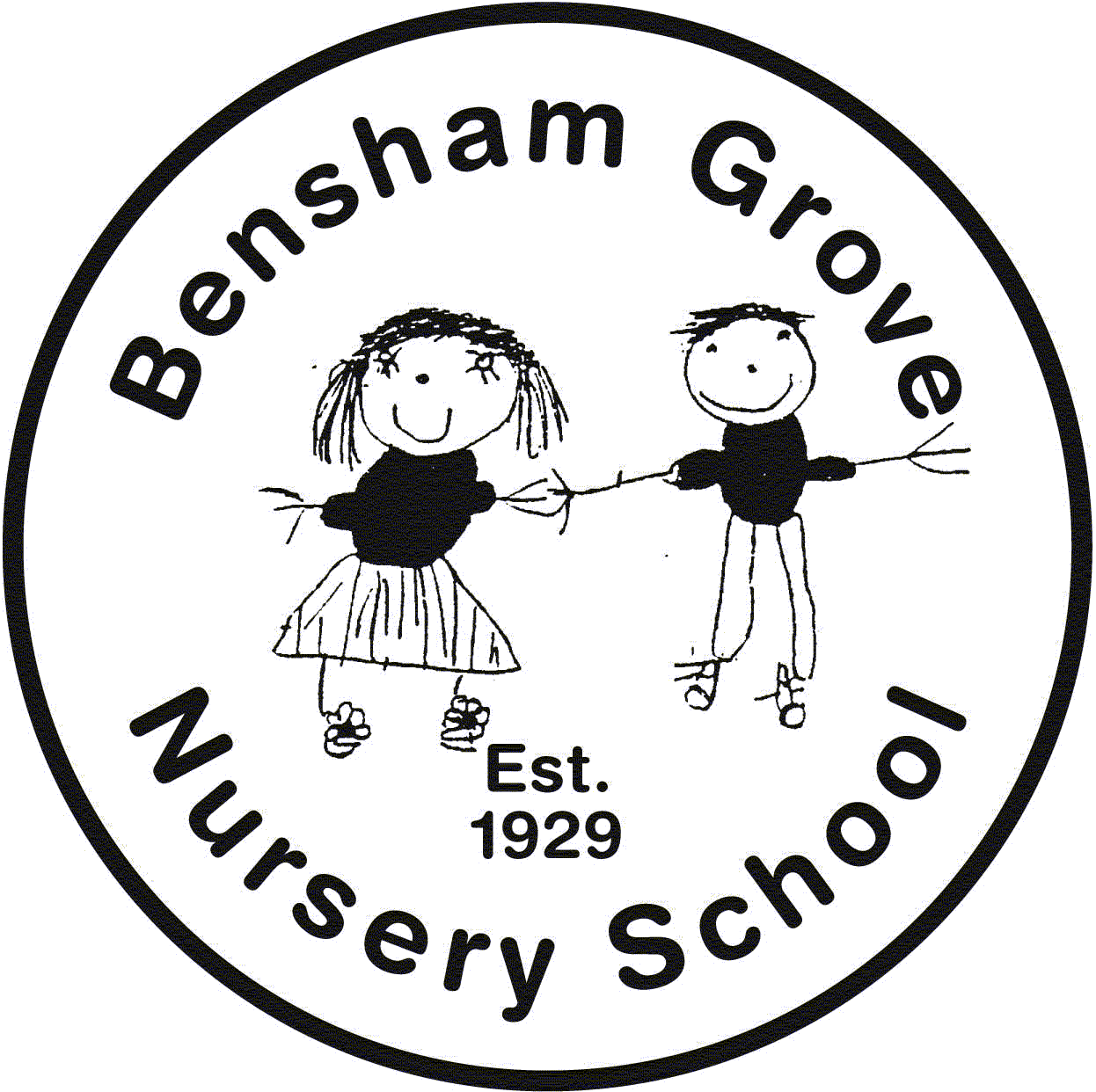The Den:
This week the children made play-dough! The children listened and followed instructions well to add ingredients to the mixing bowl. Using good fine and gross motor skills, they stirred the mixture with a spoon, sharing the spoon with their peers when prompted. We then used our hands to manipulate the dough. Some for the children brought cars and animals over, so we followed their lead and looked at the animals footprints in the dough. We talked about how the footprints were different in shape and size. We then snag songs about the different animals and the children joined in with the animal noises.
We have been focusing on sharing and turn-taking this week with some of our older children. One of the ways we did this was by a turn-taking farm book activity. The children sat for a story that contained a button that made farm animal noises. I asked the children to listen for their name and wait for their turn to push the button. I used short, simple sentences that are age and stage appropriate for the children to help prompt communication such as:
“what’s this…?”
”what noise does… make?”
”…. Turn, we are waiting”
”your turn next”
I also used the corresponding farm animal puppets to keep the children engaged throughout. The children did really well and sat very engaged throughout the book. They were able to wait their turn patiently which we are very pleased at!
Staffing updates:
Holly is returning to work after a week of annual leave
Anna is an annual leave Monday
Parents as partners:
Why is reading so important for children?
Children’s brains experience the most growth in their first 5 years, when their brains are most responsive to their environment. Stimulation from reading books, playing, talking, and singing with a parent or carer serves an important neurological function, enhancing cognitive, physical, social, and emotional growth.
Choose books based on their interests, and make the experience interactive by asking questions and discussing the story. Bring the story to life by using different voices, making sound effects, and encouraging participation through repetitive phrases or using facial expressions to engage further.
If your child has a favourite book at home at the moment, please share via parent observation.
